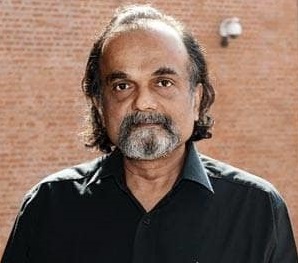One quite indisputable gain of the reform has been the increasing openness of the economy. The rise in the openness ratio began in the mid-1980s and accelerated in the 1990s, following the depreciation of the currency in 1990-91. However, the 1997-98 budget and the current exchange rate policy, it is argued in this paper, will lead to a stagnation in the openness ratio, unless corrections are made. A bolder investment programme and a fairly large depreciation of the currency would lead to a sustainable growth in excess of 9 per cent. Since exports were the main driver of economic growth in the 80s, focus on the same in the 90s would have far reaching consequences. Additionally, a wise fiscal push can also allow for the 9 per cent growth without a significant rise in the inflation rate. Without such corrections, growth is likely to fall after a year to less than 6 per cent and would bring back the situation of a payments problem that characterized the late 1980s. On the other hand, high growth in excess of 9 per cent with increasing openness would enhance India’s bargaining power in multilateral and bilateral situations in less than five years. Additionally, if institutional constraints on agricultural growth are relaxed in even a few states through land reforms, the high growth would be sustainable enough to achieve complete industrial transformation. In order for the necessary changes to take place for the accelerated growth, the current orthodoxy of the policy-makers and the RBI would have to go. The paper presents its arguments in five sections. Section 1 conceptualises the east Asian trade strategy, and shows that there is an opportunity for a disequilibrium growth. Section 2 briefly reviews the exchange rate strategy of India. Section 3 reviews the causal factors that have determined the high growth rate in the 80s and 90s. Section 4 decomposes the effects of the ‘exogenous’ expenditures and Section 5 looks at the prospects for achieving 9 percent growth rate.
Why Not Push for a 9 Per Cent Growth Rate?
Author : Sebastian Morris


